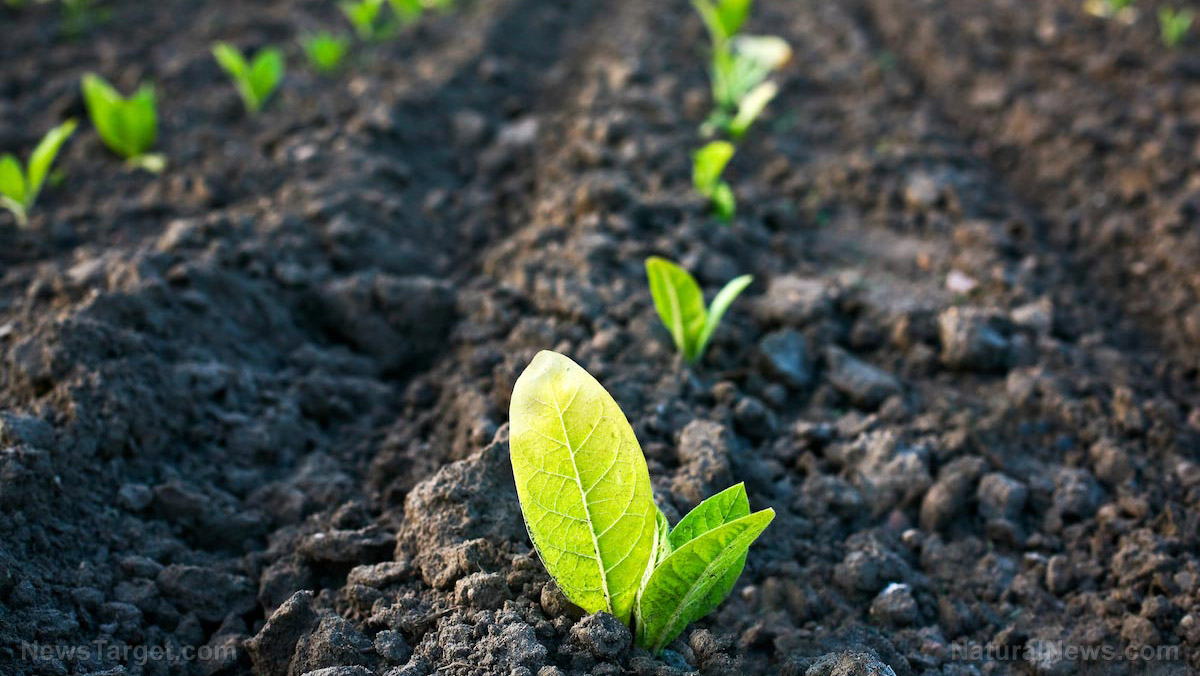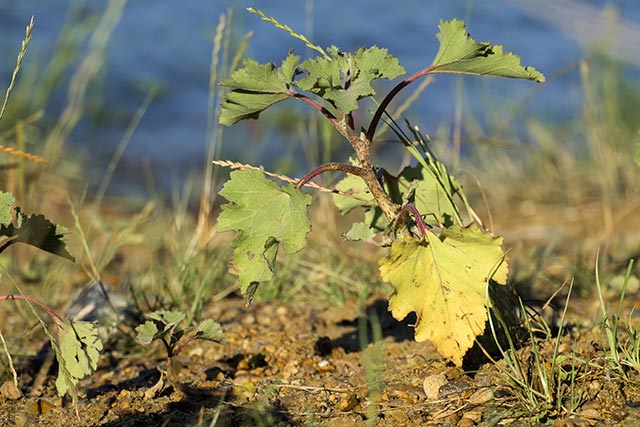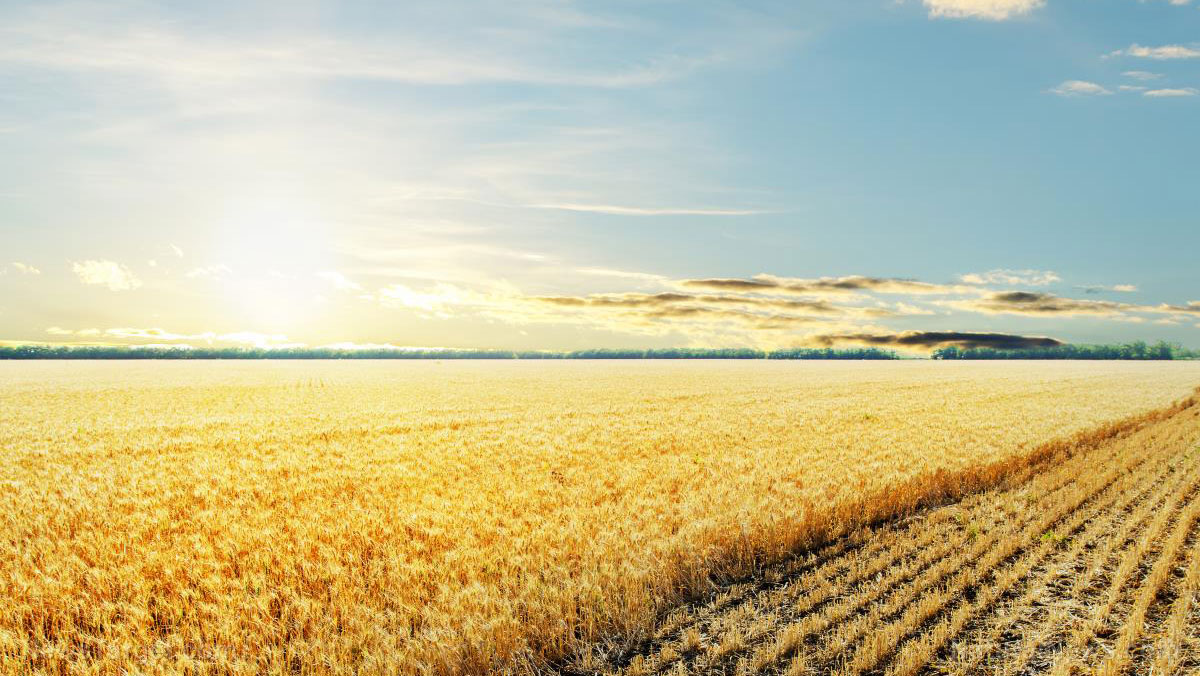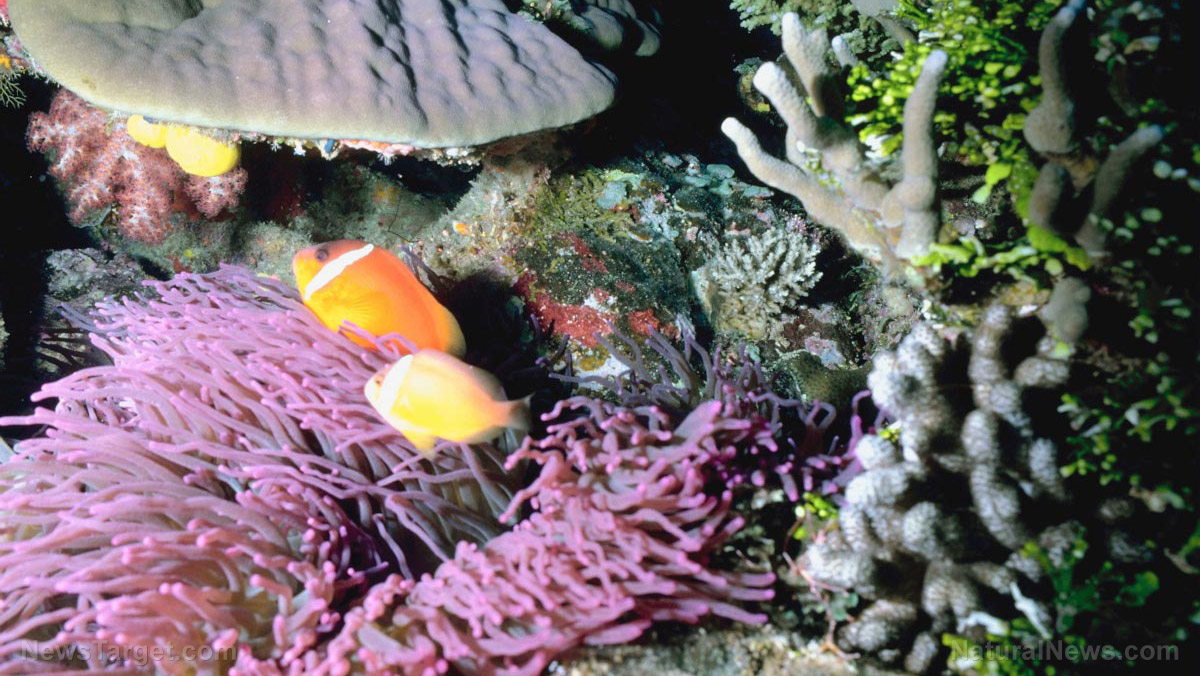Are industrial farming practices and geoengineering destroying the Earth’s soil?
02/28/2019 / By Vicki Batts

Modern farming practices have been shown to increase the amount of aluminum in the soil available to plants, and reduce overall soil quality. When more aluminum is available to crops, it means the soil is more acidic. In humans, aluminum has been linked to causing neurological problems, such as Alzheimer’s disease. But could it be harmful to plants, too? New research has shown that aluminum can, in fact, stunt plant growth. The degradation and acidification of soil has been an ongoing issue that is reaching a pivotal point, and Australian scientists have shown that aluminum could be making the problem even worse.
Researchers from the University of Queensland, University of Oxford, and the University of South Australia recently joined forces with Elettra to conduct research on the impact aluminum has on plant growth. Aluminum becomes more bioavailable as a result of the acidification process — and there is reason to believe that current geoengineering practices could also be increasing the amount of aluminum seen in the Earth’s soil, along with modern farming techniques.
Aluminum hinders plant growth
To conduct their research, the team utilized a TwinMic microscope at the Elettra synchotron facility located in Trieste, Italy. There, they showed how aluminum accumulates in the root tips of soybean plants — and how it exerted its toxic effects on the cells needed for root growth.
Together, the researchers have found that aluminum in soil can reduce the growth of plant roots within just 30 minutes of exposure. The negative effects aluminum has on plant roots could even be detected within just a 5 minute window of exposure.
Researcher Peter Kopittke, of the University of Queensland School of Agriculture and Food Sciences, says, “For these cells, growth occurs when the cell walls loosen, yet we demonstrated that aluminum accumulates in the cell wall and inhibits their growth.”
Kopittke explains that if the plant’s roots don’t grow well, the plant will be unable to access essential nutrients and water — rendering it unable to flourish. According to Kopittke, their research shows that in order to overcome soil degradation and keep up with the global demand for food, it is essential to grow crops with a higher tolerance to aluminum.
Soil degradation is a global issue
Soil degradation is a huge problem. About one-third of the world’s food-producing land has been lost over the course of the last 40 years. Monoculture farming practices have played a significant role in soil degradation. While soil degradation does occur naturally, current agricultural practices (like monoculture) serve only to exacerbate and worsen the natural process.
In January, U.N. officials announced that if we continue the path that we are on, the world’s topsoil could be completely gone within just 60 years. According to the Food and Agricultural Organization (FAO), “the global amount of arable and productive land per person in 2050 will be only a quarter of the level in 1960.”
At the FAO headquarters, Volkert Engelsman, an activist with the International Federation of Organic Agriculture Movements, spoke before a forum. He stated, “We are losing 30 soccer fields of soil every minute, mostly due to intensive farming.”
Engelsman added, “Organic (farming) may not be the only solution but it’s the single best (option) I can think of.”
Geoengineering and industrial farming: A path to destruction
Is anyone really surprised that human activity is destroying the planet? Aluminum is one of the key compounds featured in the chemtrail “cocktails” that are sprayed into the atmosphere, under the guise of “climate control.” Eventually though, these sprays fall to ground and pollute the soil, water and air along the way. The aluminum from geoengineering has even been linked to the decimation of bee populations; and if it’s harming insects, it’s not a very far leap to harming plant life too — as this most recent study has shown.
Monoculture farming is a huge issue when it comes to the health of Earth’s soils. In monoculture farming, only a single plant is grown on a plot of land. Crop rotation of nitrogen-replenishing and non-replenishing plants is essential for keeping soil healthy, but monoculture practices tend to ignore this basic concept. Year after year, the single crop grown in monoculture plots will deplete the soil of the same nutrients, until it is veritably unusable. The soil then must be replenished by other means, such as fertilizers that often come with their own array of environmental issues. For example, nitrogen fertilizers have been connected to the massive increase in ocean dead zones and the decline of marine life.
Monoculture farming comes with many other drawbacks, such as attracting specific weeds and insects — which then creates a reliance on herbicides and insecticides, and the inevitable occurrence of so-called “super-weeds.” Over all, it is clear that current farming practices are unsustainable. They are causing substantial harm to our environment — and as Engelsman says, moving back to organic methods may be the only hope we have.
Sources include:
Tagged Under: Aluminum, chemtrails, environment, geoengineering, harvest, modern farming, soil, toxic chemicals
RECENT NEWS & ARTICLES
COPYRIGHT © 2017 ENVIRON NEWS




















